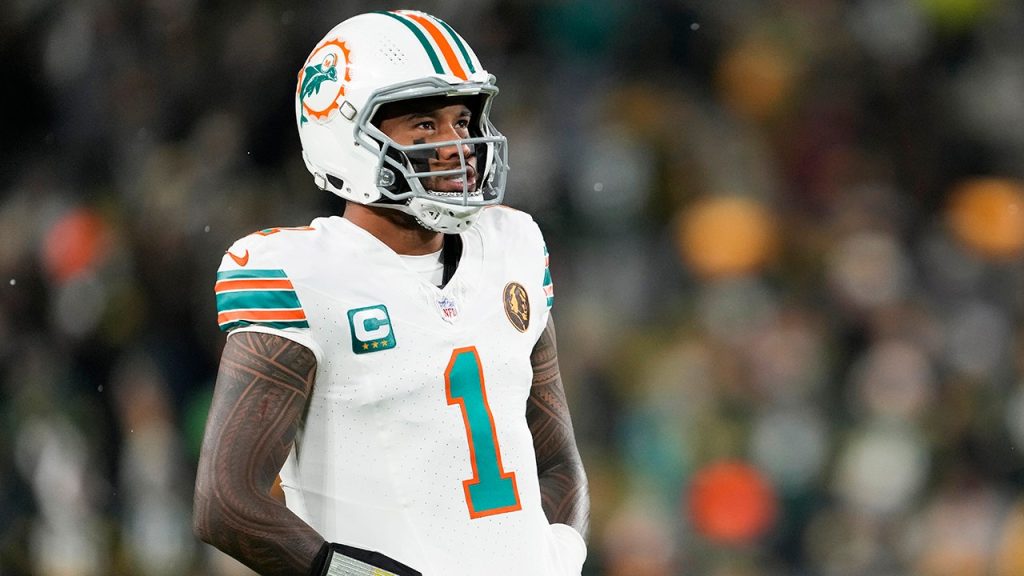The National Football League (NFL) is grappling with a disturbing trend: a string of burglaries targeting the homes of its players. High-profile quarterbacks like Patrick Mahomes, Travis Kelce, and Joe Burrow have all fallen victim to these intrusions, raising concerns about the security of players and their families. While the investigations are ongoing, early reports suggest a possible link to international organized crime, specifically a South American crime syndicate. This revelation has amplified the urgency of the situation and prompted the NFL to take proactive measures to address the issue.
The burglaries share a common, troubling pattern: they occur while the players are away from their homes, participating in games. This suggests a level of surveillance and coordination on the part of the perpetrators, who appear to be deliberately targeting players when they are most vulnerable. The incidents have understandably shaken the NFL community, prompting players to take their own security measures. Tua Tagovailoa, quarterback for the Miami Dolphins, has publicly acknowledged hiring armed personal security for his family, both at home and while he is traveling for games. His candid statement reflects the growing unease and the determination of players to protect themselves and their loved ones.
The NFL has responded to the escalating situation by issuing a league-wide memo cautioning players about the heightened risk of burglaries and urging them to enhance their security measures. The memo, a reflection of the seriousness of the situation, advises players to install advanced home security systems, refrain from posting real-time location updates or displaying expensive possessions on social media, and maintain a heightened level of vigilance regarding their surroundings. These recommendations underscore the league’s concern and its commitment to assisting players in protecting themselves from further incidents.
The emerging connection to international organized crime adds a layer of complexity to the burglaries. The FBI’s involvement signals the potential scope and sophistication of the criminal operation. The fact that a South American crime syndicate is suspected points towards a highly organized and potentially far-reaching criminal enterprise. This suggests that the burglaries may not be isolated incidents but rather part of a larger, more coordinated effort. This development raises concerns about the potential for future incidents and underscores the need for a comprehensive and coordinated response from law enforcement and the NFL.
The targeting of NFL players raises several important questions. Are these crimes purely opportunistic, exploiting the predictable schedules and public visibility of professional athletes? Or is there a more sinister motive at play? The involvement of an international crime syndicate raises the possibility of more complex motivations, perhaps extending beyond simple theft. Could these burglaries be part of a larger operation, such as extortion or information gathering? These questions remain unanswered, but the ongoing investigations will hopefully shed light on the true nature and extent of this criminal activity.
The recent spate of burglaries targeting NFL players highlights the increasing vulnerability of high-profile individuals to sophisticated criminal operations. While the immediate focus is on protecting the players and their families, the incidents also serve as a stark reminder of the importance of vigilance and proactive security measures for anyone in the public eye. The NFL’s response, including the league-wide memo and the ongoing cooperation with law enforcement, demonstrates a commitment to addressing the issue and ensuring the safety and security of its players. The evolving nature of the investigation and the potential involvement of international organized crime necessitate a continued and coordinated effort to apprehend the perpetrators and prevent future incidents.

